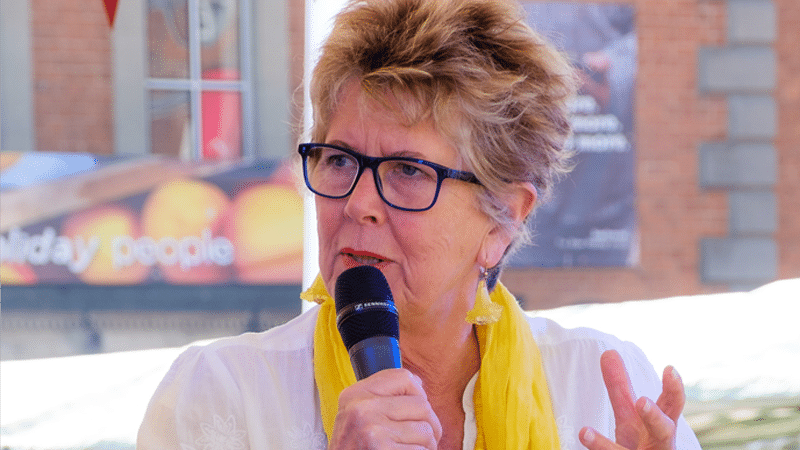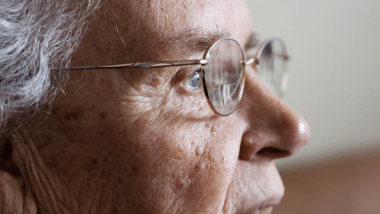Dame Prue Leith, an ardent campaigner for assisted suicide, has told of a lingering fear that a change in the law risks elderly people being coerced into seeking state-sanctioned suicide.
The Great British Bake Off judge and patron of Dignity in Dying (formerly known as the Voluntary Euthanasia Society), admitted that a change in the law risked bringing into reality a “nightmare” scenario.
Camilla Tominey, Associate Editor of The Daily Telegraph, and novelist Anne Atkins have also warned that allowing loved ones to seek help from a doctor to kill themselves would rob families of precious times.
Culture of death
Dame Prue voiced her fears to The Sunday Times that assisted suicide could become “the morally right thing to do, for old people to stop being a burden and to get out of the way”, adding: “Many old people do already feel a burden on their families, if not on society.
“And it is true that we, the old, are living longer, demanding ever more expensive medical treatment, and occupying NHS beds that, it could be argued, would be better used saving the lives of younger, fitter, more economically productive people.
“Could it become culturally unacceptable to stay alive if you are of no use to anyone? Could such thinking really take root?”
Nightmare
She continued: “And what if the bean counters in the NHS, the budget managers, start to pressurise the system to take the cheapest, simplest, quickest option?
“Wouldn’t it be easy to persuade vulnerable people at the lowest moment in a life in which they have never had any power, always been told what to do (stand at this window; wait in this queue; wear this uniform; appear at this court) to do what the man in the white coat says?”
“I am reminded that Germany, one of the most civilised societies in the world”, she continued, “was largely persuaded that it was a good thing to dispense with all Jews, gypsies, people of colour, physically and mentally handicapped people. Plenty of ordinary Germans went along with that”.
‘Unforeseen moments’
The Daily Telegraph’s Associate Editor Camilla Tominey wrote in the paper: “My mother had very little quality of life in her final months. Had Dignitas existed back then, and she been compos mentis, she would no doubt have insisted on me taking her there.”
However, as she reflected on their last conversation, she said: “I’m glad I didn’t have that option. Because what I learned during that bizarre, final bedside exchange is that you lose something important when you make death predictable – since death is a part of life.
“You lose those unforeseen moments at the end of a person’s life, when they may say something that loved ones carry for the rest of theirs.”
She also called for “a proper debate about this important issue rather than dissenters being bullied into submission” or dismissed as “Luddites or fruitcakes – out of touch with the world around them”.
‘True dignity in dying’
Writing in The Times, Anne Atkins said that whenever she hears of assisted suicide ‘to preserve dignity’, it provokes feelings of both sadness and pride.
For, as she goes on to explain, “I have witnessed true ‘dignity in dying’ in one I loved very much, and it looked nothing like this.”
Atkins cared for her elderly widowed father – who died at the age of 102 – during what she called the “magnificent last decade” of his life, towards the end of which, she said, he lost “all the world might consider ‘dignity’”.
While he often expressed the wish “to join” his departed wife, Atkins concluded: “He gave us another decade of love and memories, wisdom and life, for which we are profoundly grateful. It was the most dignified thing I have ever witnessed.”
Suicide rates are high, but not high enough for some
Poll on assisted suicide reveals ‘stark judgements’ about vulnerable
Widdecombe: ‘Rantzen’s campaign for assisted suicide must not prevail’
‘Doctors most in favour of assisted suicide least involved in care of dying’




